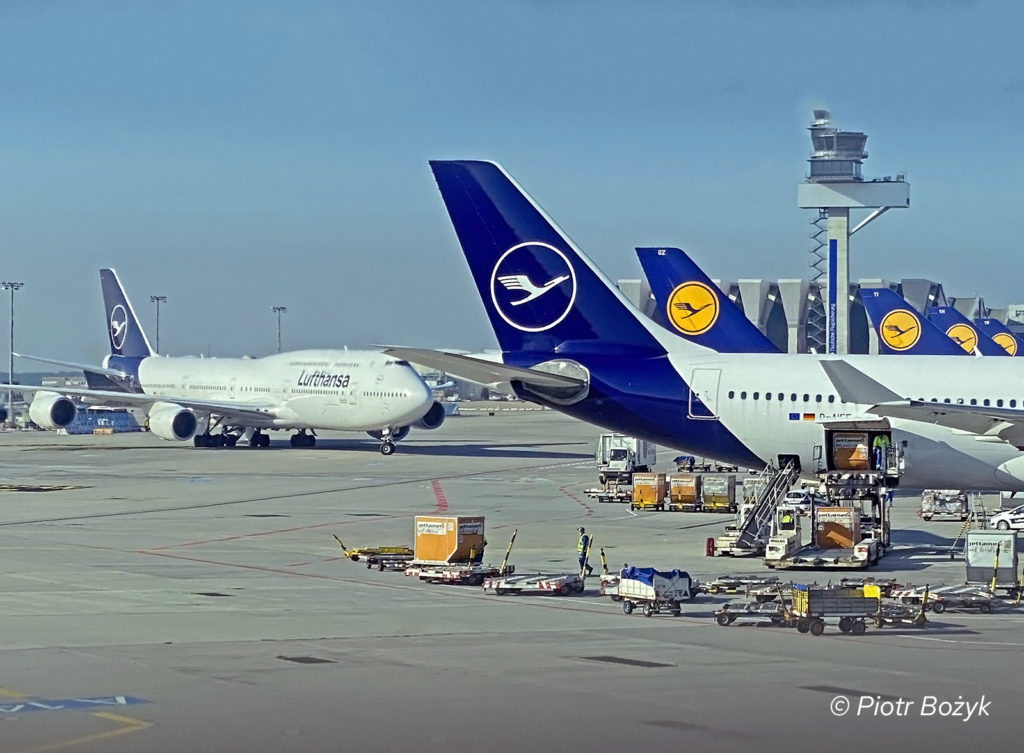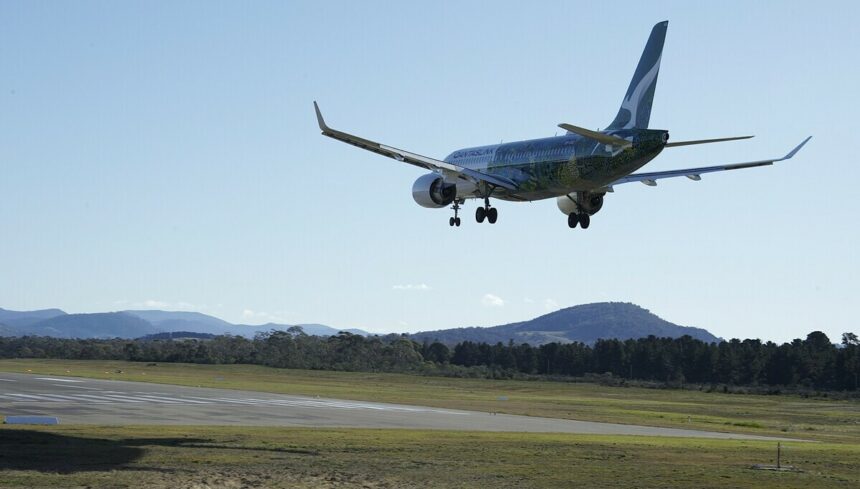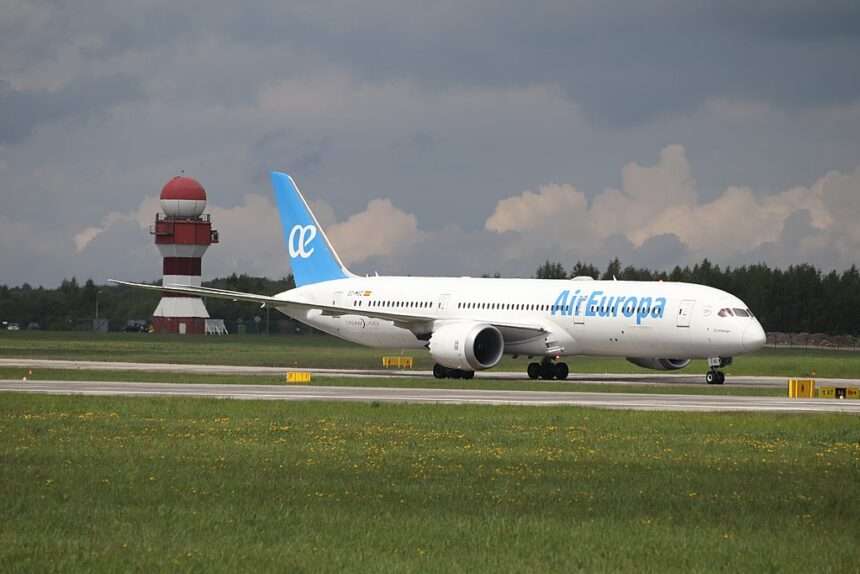Fraport AG, which operates Frankfurt Airport, has partnered with CGI to accelerate the airport’s digitization under a five-year framework agreement.
Fraport AG is one of the world’s largest airport operators with business activities at 29 airports on four continents.
The group selected independent IT consulting firm CGI as its digital partner with the aim of further enhancing Frankfurt Airport’s customer experience and increasing its overall competitiveness through new digital business models and technologies.
“We are realigning Frankfurt Airport technologically—a major task and, with CGI, we have found a flexible and competent partner,” said Dr. Wolfgang Standhaft, CIO of Fraport AG.
“We are excited about working with CGI on new ideas and solutions that we can implement together quickly and securely.”
AI and cloud-based technology
A key goal of the framework agreement is to move more of the airport’s applications to the cloud as part of a strategic IT realignment.
Further, Fraport and CGI will work together to lay a foundation for the integration of other advanced technologies such as intelligent automation and artificial intelligence within the airport’s operations.
Ground handling services
Fraport’s aim is to harness these technologies to support airport staff in their daily work, particularly for ground handling services.
As part of this cloud transformation, CGI will provide consulting, cloud solutions, and managed IT services as well as change management to help Fraport AG integrate new processes and introduce new ways of working.
CGI’s services will help to ensure an optimal and timely cloud migration and provide ongoing application support.
“Our collaboration with Fraport AG has been a success story since we first began working together on joint projects in 2021,” notes Ralf Bauer, Senior Vice-President, Germany Central and South at CGI.
“This new partnership is the next step in our ongoing and active support of Fraport’s major digitization projects. It gives us additional opportunities to deliver significant value to Fraport though our comprehensive IT expertise and onsite/nearshore/offshore resources.”
The integration of AI systems with airport operations
Artificial intelligence (AI) systems are increasingly being developed and implemented in airport operations to enhance efficiency, safety, and passenger experience. Some of the key areas of AI integration in airport operations include:
Security
AI-based facial recognition systems are being used for identity verification and to identify persons of interest. These systems can quickly scan large numbers of faces, cross-check against watchlists, and provide alerts to security personnel in real-time.
Baggage handling
AI-based systems can track and route luggage, detect potential security threats, and identify damaged or lost bags. This reduces the likelihood of errors and increases the speed of baggage handling.
Passenger experience
AI-powered chatbots can provide real-time assistance to passengers, answering questions about flights, airport services, and amenities. They can also help travelers navigate through the airport and provide personalized recommendations based on individual preferences.
Air traffic management
AI-based systems can predict and manage congestion at airports, optimize flight schedules, and even assist with air traffic control.
Maintenance and operations
AI can be used to monitor and analyze equipment performance, detect potential failures before they occur, and optimize maintenance schedules to reduce downtime and costs.
As the technology continues to evolve, we can expect to see more advanced AI-based systems in airports in the future.









